2024 Annual Conference


Presenting Sponsor
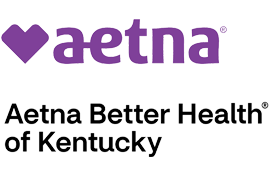
Diamond Sponsor
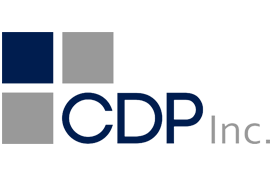
Platinum Sponsor
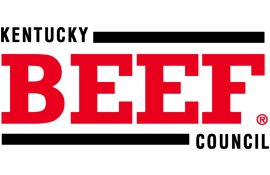
Platinum Sponsor
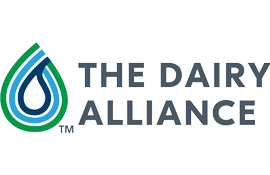
Platinum Sponsor
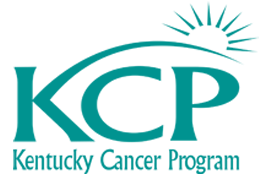
Platinum Sponsor
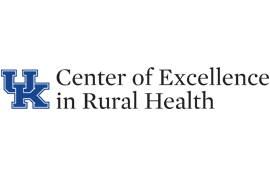
Platinum Sponsor
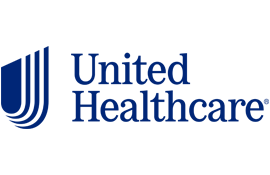
Platinum Sponsor
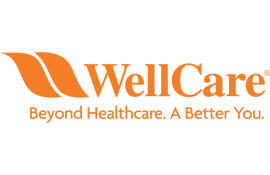
Platinum Sponsor
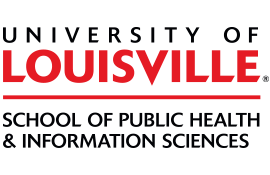
Gold Plus Sponsor
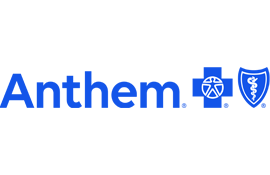
Gold Sponsor

Gold Sponsor
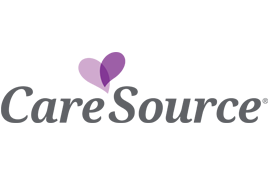
Gold Sponsor
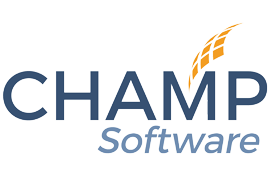
Gold Sponsor
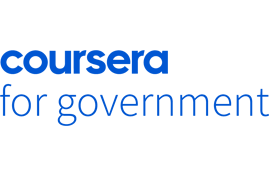
Gold Sponsor
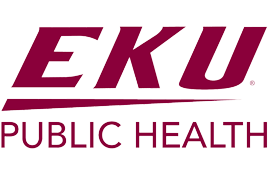
Gold Sponsor
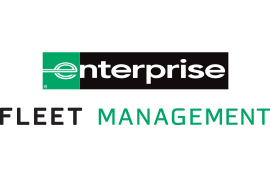
Gold Sponsor
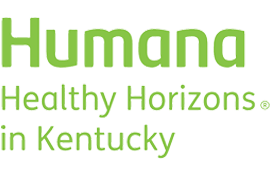
Gold Sponsor
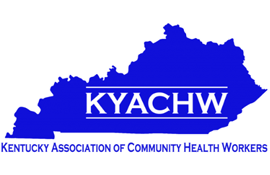
Gold Sponsor
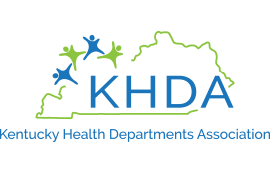
Gold Sponsor
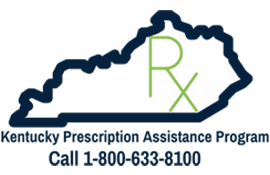
Gold Sponsor
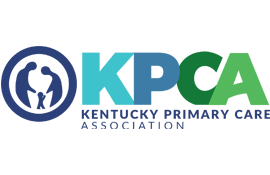
Gold Sponsor
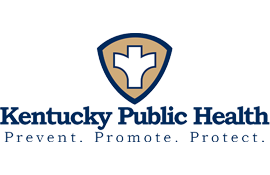
Gold Sponsor
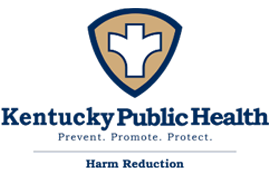
Gold Sponsor
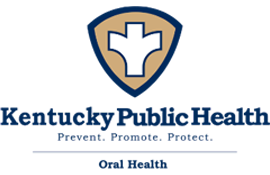
Gold Sponsor
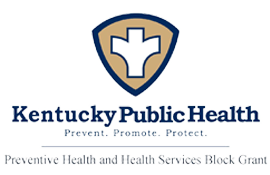
Gold Sponsor
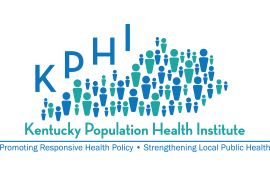
Gold Sponsor
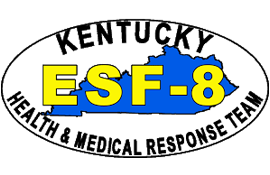
Gold Sponsor
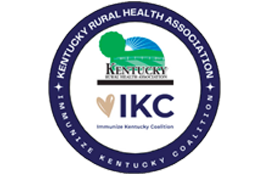
Gold Sponsor
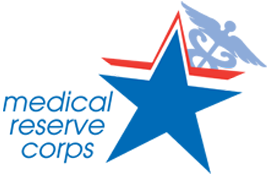
Gold Sponsor
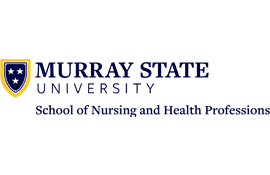
Gold Sponsor
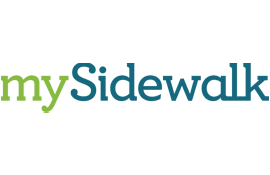
Gold Sponsor
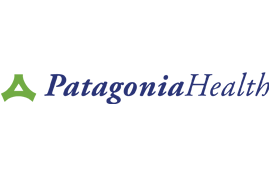
Gold Sponsor
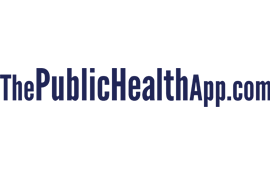
Gold Sponsor

Gold Sponsor
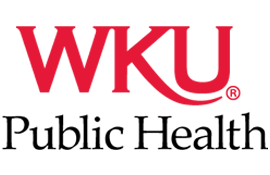
Gold Sponsor
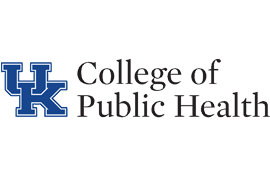
Gold Sponsor
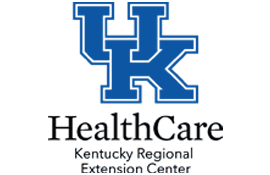
Gold Sponsor
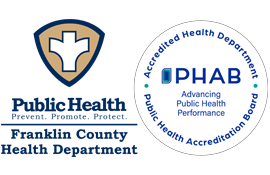
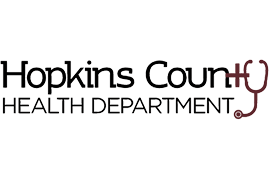
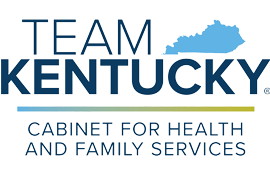
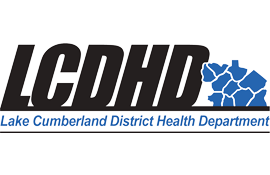
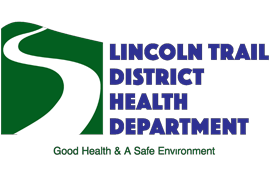
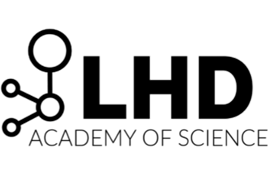
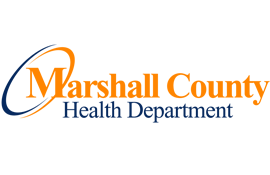
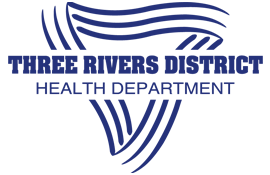
Oral Abstracts
Share your research, insights, and expertise to a Kentucky-based audience of public health professionals. All submissions should be no longer than 45-50 minutes to allow for Q&A. Should your abstract be accepted, you will be required to present in-person in Louisville, KY March 6-8, 2024.
Poster Abstracts
Posters will be presented using the 3-minute thesis approach. Accepted poster presenters will submit an electronic version (pdf) of their poster and will then be assigned a time to verbally present to the judges during the KPHA conference. The poster presentations are live and in person, and it is required you attend the conference; March 6-8, 2024.
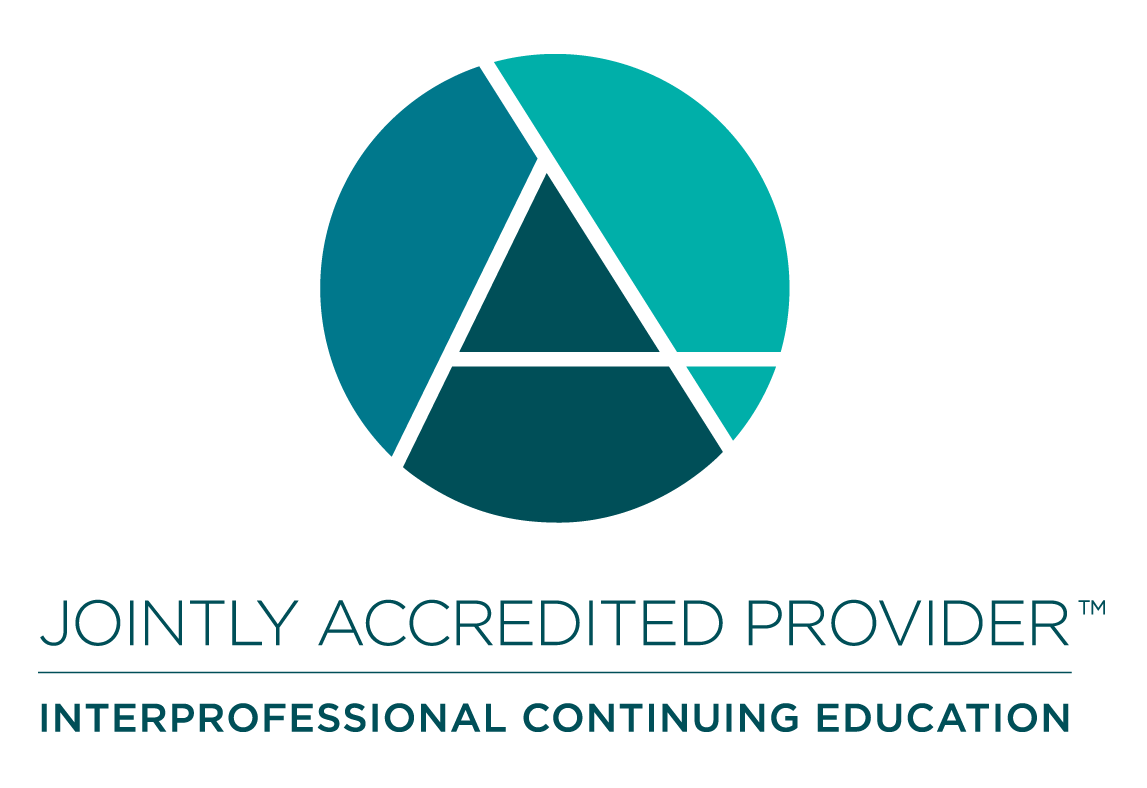 Joint Accreditation Statement
Joint Accreditation Statement
In support of improving patient care, this activity has been planned and implemented by Amedco LLC and Kentucky Public Health Association. Amedco LLC is jointly accredited by the Accreditation Council for Continuing Medical Education (ACCME), the Accreditation Council for Pharmacy Education(ACPE), and the American Nurses Credentialing Center (ANCC), to provide continuing education for the healthcare team.
Nurses
ANCC Credit Designation Statement
Amedco LLC designates this activity for a maximum of 11.00 ANCC contact hours.
|
WEDNESDAY, MARCH 6, 2024 |
|
|---|---|
|
11:00 AM - 06:00 PM |
Registration Open |
|
11:45 AM - 12:45 PM |
Meet, Greet, & Eat with Exhibitors Room: GS Commonwealth AB & Prefunction |
|
01:00 PM - 02:00 PM |
Keynote Presentation, Part 1: The Intersection of Race, Ethnicity, and Social Determinants Speaker: Pastor Palmer Room: GS Commonwealth A-D |
|
02:00 PM - 02:15 PM |
Break with Exhibitors Room: Prefunction |
|
02:15 PM - 03:15 PM |
Keynote Presentation, Part 2: Avoiding Cultural Collisions Provide public health partners, service providers, and state and local agencies with an overview of the importance of cultural identity and competency and how this supports and promotes engagement when serving families from a wide variety of backgrounds. Learning Objectives:
Speaker: Pastor Palmer Room: GS Commonwealth A-D |
|
03:15 PM - 03:30 PM |
Break with Exhibitors Room: Prefunction |
|
03:30 PM - 04:30 PM |
Come to our session to learn more about our model to reduce barriers to perinatal and reproductive healthcare by enabling peer recovery coaches to empower people they serve who can get pregnant or are pregnant in active use or early recovery. Learning Objectives:
Speaker: Hartley Feld, MSN, PhD; Jeremy Byard Room: Colonel Building on efforts to reduce health inequities in Louisville, financial stability and economic mobility represent an important area for intervention. A domain of financial stress that remains unexamined is the impact of engagement with traditional banking institutions, especially among groups that are struggling against economic marginalization. This study explored social processes that explain what role traditional banking institutions have in shaping the relationship between financial stress and wellbeing. Utilizing thematic development, socio-cultural themes such as self-stigma, and personal responsibility began to emerge. These themes were influenced negative participant experiences related to financial stability, and engagement or disengagement with traditional banking. Learning Objectives:
Speakers: Kaila Washington, MPH, MM; Dr. Gaberiel Jones, Jr., PhD, MPH Room: GS Commonwealth A-D Public Health and Cooperative Extension agencies are both trusted organizations in our communities. There are many opportunities for collaboration to better meet the needs of our community, as well as build capacity within our workforce. Learning Objectives:
Speakers: Janie Cambron, RS, MPH; Kimberly Henken, MS; Omolola Adedokun, PhD; Jeff Young, PhD Room: Bluegrass C Using Network Analysis to MAPP Community Partnership show participants how to identify, and leaders, how to build, strength in partnerships. Learning Objectives:
Speakers: Rachel Hogg-Graham, DrPH; Angela Carman, DrPH Room: Bluegrass DE Registered Nurses (RNs) are consistently considered one of the most trusted professions. RNs spend much time at the hospital bedside, medical office, public health department, schools, and home health caring for, treating and teaching patients and the community. In recent years, vaccine hesitancy has been noticed in the nursing population possibly due to inaccurate media information, the Covid pandemic and not enough focus on immunization education in schools of nursing/contact hours. This may contribute to the overall decrease in immunization rates if those most closely trusted and involved with the patients/community are fearful of or decline immunizations. It is important to work with RNs to understand their hesitancy and provide quality information and education to influence this group of trusted professionals. Learning Objectives:
Speakers: Denise Beach, MS, BSN, RN; Marcy Rein, MPH, BSN, RN Room: Bluegrass AB |
|
04:30 PM - 04:45 PM |
Break with Exhibitors Room: Prefunction |
|
04:45 PM - 05:45 PM |
Access and affordability are drivers of food insecurity. By identifying diverse, low-income urban neighborhoods in their community, the North Central District Health Department was able partner with area farmers, businesses and organizations to provide farmers’ markets in three underserved neighborhoods bringing access to fresh fruits and vegetables. Funding was secured to help make the markets more affordable for those in need, and a multilingual, boots-on-the-ground approach to advertising made sure the targeted populations were reached. A culmination of community and staff collaboration, this inclusive and educational outreach effort addressed social determinants of health for the underserved. Learning Objectives:
Speakers: Kasey Burkhead; Todd Martin Room: Bluegrass AB Heat Related Illness Education and Outreach The North Central District Health Department was awarded funds from the Environmental Public Health Tracking Network to develop a community outreach and education program to prevent heat related illness and mitigate the health impacts of extreme heat events. The Public Information Officer developed educational materials that were distributed at all four local health departments in North Central District and by our Community Education Team. Five community partners were engaged to serve as daytime cooling centers during extreme heat events. Desktop air cooling units were purchased with the funds and distributed to underserved neighborhoods in the community. Learning Objectives:
Speakers: Colleen Kaelin, MSPH, RS Room: Colonel Integrating Community Health Workers for Program Success While community health worker (CHW) programs have existed in Kentucky for decades, recent years have seen the introduction of a certification process for CHWs and an expansion of the profession throughout the state. CHWs play a unique role in the health of their clients and communities. However, research shows that their success is tied to their successful integration into the health promotion programs that employ them. This presentation will provide examples of successful CHW programs in Kentucky, and will offer recommendations for supporting and integrating CHWs to promote program success. Learning Objectives:
Speakers: Laura Eirich, MPH; Barbara Cruse, CCHW; Malea Hoepf Young, MPH, CHES; Joa McDaniel; Kasey Rhodes, MS; Tracey Sparks Room: Bluegrass DE In response to the ongoing global mpox virus outbreak since spring 2022, Kentucky initiated a coordinated effort involving public health authorities, healthcare professionals, and community organizations. The presentation examines Kentucky's current mpox case and vaccination data, focusing on a proactive initiative to increase vaccine uptake through gift card incentives for JYNNEOS recipients. As of October 2023, Kentucky had 110 mpox cases and administered 7,610 doses of the JYNNEOS vaccine. The presentation emphasizes collaboration for targeted interventions to address coverage gaps and enhance prevention efforts. Learning Objectives:
Speakers: Jennifer Duncan, MPH; James Grogan, BA; Bethany Hodge, MD, MPH; Amy Herrington, DNP, RN, CEN, CNE; Kathleen Winter, PhD, MPH Room: Bluegrass C |